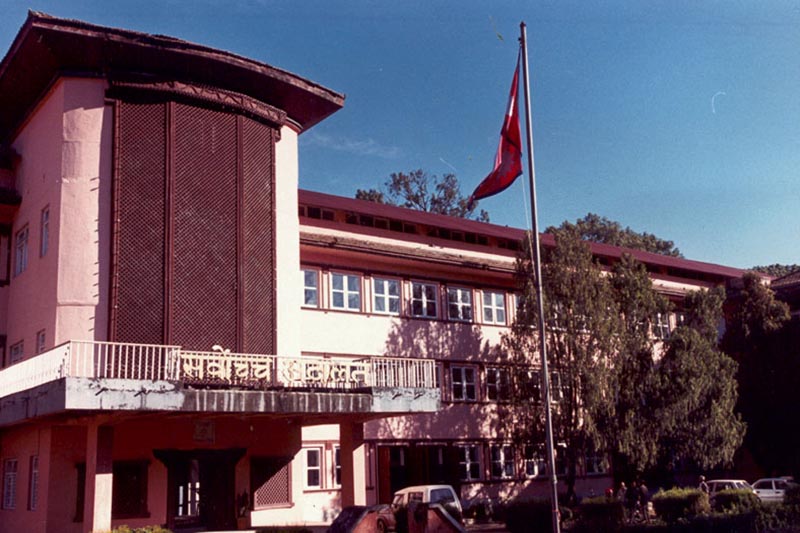SC moved against govt not allowing Nepalis in
KATHMANDU: The Supreme Court has been moved against the government’s decision to seal border points, not allowing even Nepali citizens returning from foreign countries, including India, to enter.
Advocates Madhav Basnet and Mina Basnet filed the writ in the Supreme Court on Monday demanding the SC’s order to the government to allow Nepali citizens in, confirmed Madhav Basnet talking to THT.
The petitioners have argued that the government formally not allowing Nepali citizens to enter their own country at the time of crisis violates fundamental and human rights. They are of the view that the government should actually have made arrangements to bring in all Nepalis from abroad and take care of them, including providing treatment if needed. “The government treated Nepalis inhumanely,” read the writ.
The duo have also argued that Nepal had enough facilities for quarantine as many hotels and schools are being used for the same, and that Nepalis should not be left in foreign land insecure.
The writ has also demanded that many Nepali migrant workers have not been able to stay following the protocol of the World Health Organisation, but they cannot come back on their own twoo. Therefore, such individuals must be rescued, evacuated and quarantined in Nepal itself.
Since the courts are not closed, it is not sure whether a hearing on the writ will be carried out or not.
The government has taken drastic steps sealing both surface and air entry routes in order to control the spread of the novel coronavirus infection.
First, the Supreme Court on March 2 issued an interim order telling the government to halt flights from and to the countries that pose high risk of coronavirus infection, including China, South Korea, Japan, Iran and Bahrain, till the disease was brought under control.
The government then on March 12 completely halted flights to and from selected affected countries including China, Japan, South Korea and Iran. Then on March 18, the government has imposed ban on travellers originating from or getting transit in all European, West Asian and Gulf countries, including Iran, Turkey, Malaysia, South Korea and Japan, from March 20 till April 15.
The government on March 20 imposed a partial lockdown by completely halting long-distance transportation services, international flights and non-essential services offered by both private and public sectors.
Subsequently on March 22, the government sealed all international borders for people’s movement, and went for a nationwide complete lockdown from this morning.
The lockdown and border sealing resulted in scores of Nepalis returning, especially from India, being stranded ta border points, creating a situation of confrontation.






